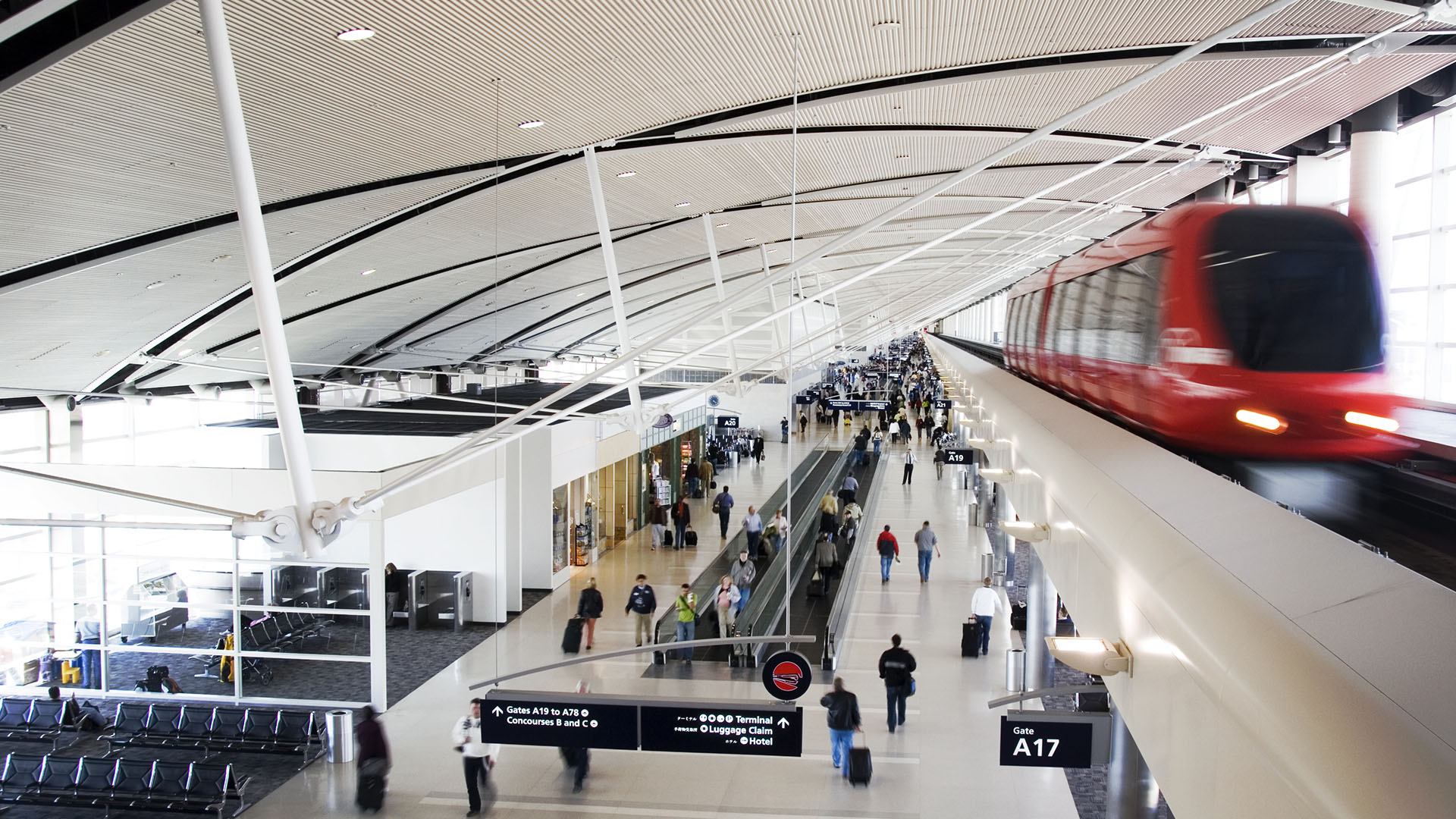When Governor Whitmer promised Michiganders that she was going to shut down Line 5, she promised a lot more than you might think. That’s because promising to eliminate the delivery of light crude oil through the pipeline, Michigan and the region will lose a major supply of jet fuel.
If you consider that more than half the jet fuel used at the Detroit Metropolitan Wayne County Airport (DTW) comes through Line 5, that’s a significant dent in operations. What happens when a powerful business hub like DTW loses such a high percentage of its jet fuel? For Michigan, cutting supply to one of the country’s most important airports means putting at risk 86,000 jobs when DTW is functioning normally. Then there is everyone else who depends on those employees and their paychecks – passengers, businesses, and their families. Not to mention, the economy.
Moreover, all associated tickets, products, and services at the airport and in the terminals will see a price increase. Those events will further diminish jobs associated with the airport until a new, affordable source for jet fuel is found.
Has anyone in Lansing really thought through what shutting down this pipeline will do to our supply chains?
An “orderly shutdown” sounds safe and official, but it’s still an elimination of jet fuel and all of the associated jobs. The act itself is nothing more than a political sound bite for activists that is leading to a crisis of the Administration’s own making. Moreover, while you can substitute sugars and flours in baking, there is no substitute for a molecule of fuel. You either have jet fuel, or you don’t.
Currently, Line 5 delivers 540,000 barrels of oil daily to Michigan. After refining for different fuel products, that translates to 2,376,000 gallons of jet fuel each day, which is more than half of what airplanes departing DTW use daily.
Worse, there is no plan to replace the lost jet fuel or to support those who lose their jobs when the Governor closes Line 5.
This should concern the people of Michigan, especially since DTW is an economic engine – generating $10 billion in economic activity along with those 86,000 jobs.
Sliced and diced, that $10 billion can be broken down a couple of ways. Visitors passing through DTW generate $4.9 billion in economic activity, while air transportation has an even bigger impact at $5.1 billion. The annual incomes connected to the airport total $3 billion annually, and direct spending is more than $5 billion.
For the ten-county area around metropolitan Detroit, and each local business that depends on the airport, the prosperity and success of DTW are vital. Having a supply of affordable jet fuel is part of that.
This extremely positive cash flow from DTW is attributable to the 32 million yearly passengers, many of whom stay at area hotels, use local transportation, eat at local restaurants, and do business in Michigan. Each year, visitors to metropolitan Detroit alone spend about $1.7 billion after arriving at DTW, which has a $3.2 billion economic impact on the area.
Before COVID, the number of passengers through DTW was increasing significantly. If you compare January and February from 2019 and 2020, travel rose by 449,532. More passengers generate more cash flow and more jobs for area residents – it also helped grow the airport which was able to add more flights and expand its terminal.
The numbers are so immense they may seem like an abstraction. But, if you live within an hour’s drive from DTW, as millions do, and if you look more carefully at what those 86,000 jobs mean to you, your family, and your neighborhood, you can see the interconnectedness. Real people, who have already suffered from COVID job losses, will have even more trouble as they try to claw back the economic gains lost during the pandemic.
For instance, hotels have a variety of employees: concierges, office administrators, desk clerks, housekeepers, event managers, maintenance staff, caterers, barkeepers, directors, reservation agents, accountants, auditors, receptionists, and general managers.
The hotels used by travelers when flying in and out of DTW have restaurants, and if they don’t have restaurants, there are plenty of restaurants nearby. These places need waiters, servers, kitchen staff, hosts, dishwashers, and cleaning services.
Think about the businesses that supply restaurants and hotels with items like food and beverage. When restaurants and hotels suffer, those businesses suffer too. You probably know someone who works, or used to work, in one of these industries. Make no mistake, all of them will be affected by closing Line 5 and the changes associated with the supply of jet fuel.
Closing Line 5 will make jet fuel even more expensive, and who will make up the difference in costs? There are taxes on each business transaction associated with DTW, and with radically reduced tax revenue from the far-reaching losses suffered by businesses associated with the airport, the answer is inescapable: Everyone pays. All of us. Governments want their taxes, and since there is no plan, everyone will face higher taxes and fees, along with other price hikes.
This is just a cautionary tale about the airport. We haven’t dug into the cargo that flies in and out of airports delivering our packages and other consumer goods. What do you think will happen to shipping fees and the cost of those goods? FedEx, UPS, Amazon, and others will pass along any increase in fuel costs. So think, how much more damage could occur when a pipeline is frivolously shut down, and hope to never find out.
DTW’s best plan? Support the Line 5 Tunnel Project.

